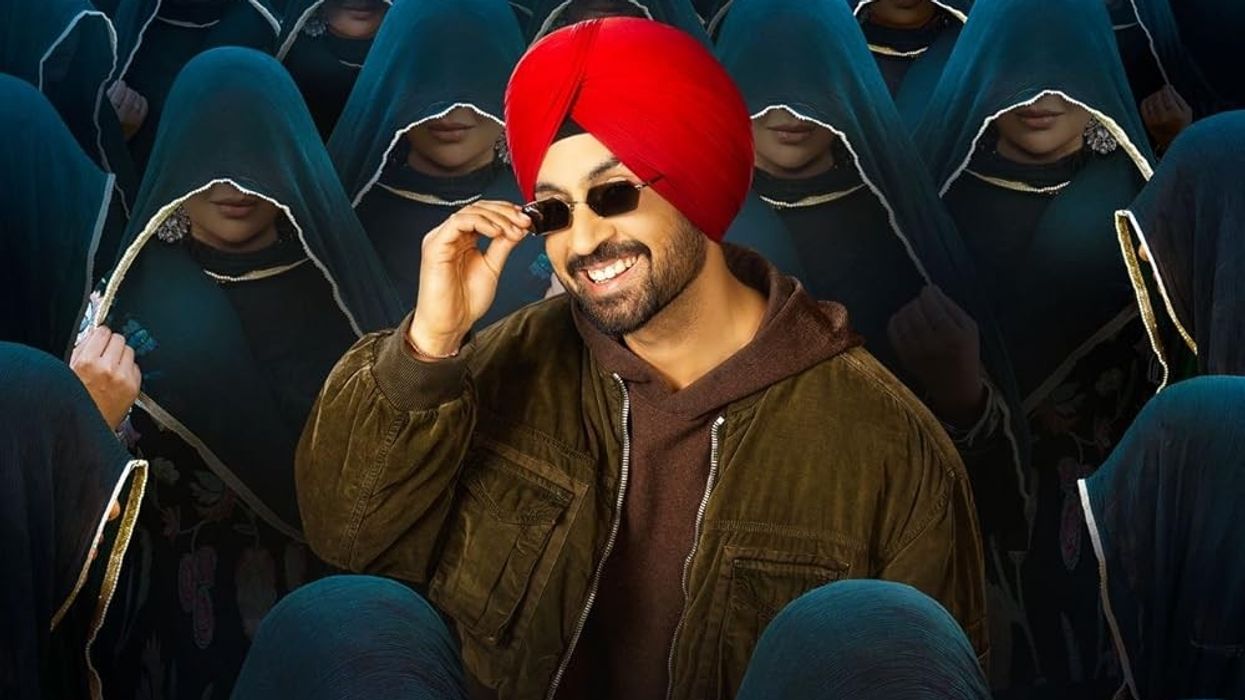Quick highlights
- Sardaar Ji 3 won’t release in India due to rising tensions with Pakistan.
- Pakistani actress Hania Aamir's casting sparks controversy.
- Trailer is geo-blocked in India; film to release overseas on 27 June.
- Netizens accuse Diljit Dosanjh of being “anti-national”.
Diljit Dosanjh’s much-anticipated horror-comedy Sardaar Ji 3 will not be screened in Indian cinemas. Instead, the film will only be released in international markets on 27 June, after calls for a boycott intensified online due to the inclusion of Pakistani actors, particularly Hania Aamir. The move follows the tragic Pahalgam terror attack and renewed enforcement of the entertainment industry’s ban on cross-border collaborations.
FWICE steps in, CBFC urged to deny certification
The Federation of Western India Cine Employees (FWICE) wrote to the Central Board of Film Certification (CBFC), requesting that Sardaar Ji 3 be denied clearance. Their objection stems from the casting of Pakistani actors, including Hania Aamir, Nasir Chinyoti, Daniel Khawar, and Saleem Albela, at a time when India-Pakistan relations are strained following the April attack that left 26 people dead.
In line with government directives discouraging any partnerships with Pakistani artists, the makers dropped plans for a domestic release. Director Amar Hundal’s film now gears up solely for an international audience.
Hania Aamir’s Instagram account was also blocked in India after she allegedly made anti-India comments post-Operation Sindoor. The incident added fuel to the controversy already surrounding the film.
Trailer blocked in India, Diljit faces social media heat
On 22 June, Diljit Dosanjh shared the trailer on Instagram, writing: “Sardaar Ji 3 releasing 27 June OVERSEAS only. FADH LAO BHOOND DIAN LATTAN.” The YouTube trailer, however, is not accessible in India due to geo-blocking. While teasers and songs remain available, the trailer featuring Hania prominently has been restricted.
Sardaar Ji 3 features Diljit as a ghostbuster exorcising spirits from a haunted UK mansion. Hania Aamir plays a fellow ghost hunter, while Neeru Bajwa adds a romantic twist. But the film’s quirky humour has been overshadowed by the strong online backlash.
Many netizens called Diljit “shameless,” accusing him of prioritising career over country. Some even demanded his removal from upcoming films like Border 2. For now, Sardaar Ji 3 heads to a global audience, leaving behind a fierce debate in its wake.





